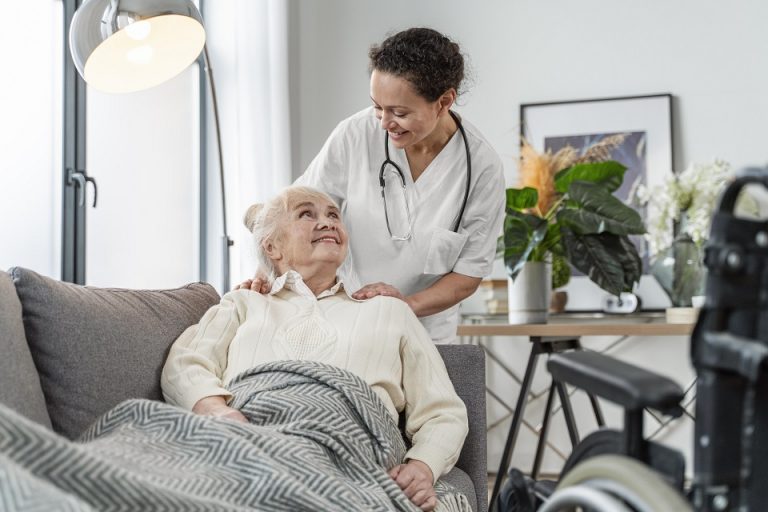Though the pandemic was, indeed, an even bigger threat to the senior citizen community than it was the general population, some silver livings related to the future of healthcare were sculpted out of necessity relative to COVID-19, many of which will help senior citizens receive better healthcare in the future.
Some of these advances were in how care is conducted, some were in how care is provided, and some were in how care can evolve moving forward. Here is a closer look at how the healthcare system can provide better access to care for seniors, as well as how to deliver that care in a manner that better serves senior citizens.
Access
Access to healthcare doesn’t simply mean someone’s ability to physically go receive care, it also means people are able to afford the care they need. With Medicare and Medicaid, it does become a bit easier to afford things when Americans reach those thresholds of eligibility, but there are still many financial issues that can arise when senior citizens need care.
One way that the healthcare system is helping people be able to pay for care is by evolving their services with the times, and utilizing technology to help keep prices down. One major aspect of this is in telehealth, another part of the healthcare system that was placed front-and-center during the pandemic. Telehealth allows patients to receive consultations, checkups, and other “hands-off” parts of the continuum of care while staying in their own homes, saving on travel, as well as hospital resources.
Training
For many seniors (and those in other age demographics, for that matter), making a blind change into things like telehealth is not something they want to willfully do, even if it does mean money saved. Training these people on how technology can help increase care and decrease payment for many common health issues is the first step in ultimately getting them to make the move towards these more modern services surrounding healthcare.
Some hospital systems do in-person training sessions for their communities, while others have information available online. Even that, though, can be difficult for seniors to access, and a guiding hand can go a long way.
Kindness
That “guiding hand” is a means of showing senior citizens more kindness and appreciation for them, which is a major trend in senior care. At some point, the healthcare system as a whole lost some empathy, and a major complaint by senior citizens is that they feel like a number and not a patient when they go receive care. Kindness has been scientifically proven to increase healing times in patients, and especially in cases of things like dementia and Alzheimer’s, some patients don’t even know who their loved ones are anymore, and a kind nurse or doctor can truly be a lifesaver for someone who otherwise would feel alone and forgotten. It’s one of the main reasons why you should choose a seniors community like Clover Group Buffalo as they really put an emphasis on looking out for their community members to a high degree.
Looking Forward
As healthcare practices all across the map continue to improve, allowing for longer lives and a healthier population, more and more people are going to fall under the “senior citizen” title, meaning another important part of senior care is planning ahead and hiring and training personnel who can provide care to this growing demographic.
This new wave of nurses and doctors will have fresh takes on what seniors need, and have a stronger grasp on how to incorporate the things listed here. Ultimately, senior citizens who have increased access to healthcare, a better understanding of their options, and a level of comfort and confidence that comes from having a care team treat you like a friend means a bright future for senior citizens receiving healthcare.


